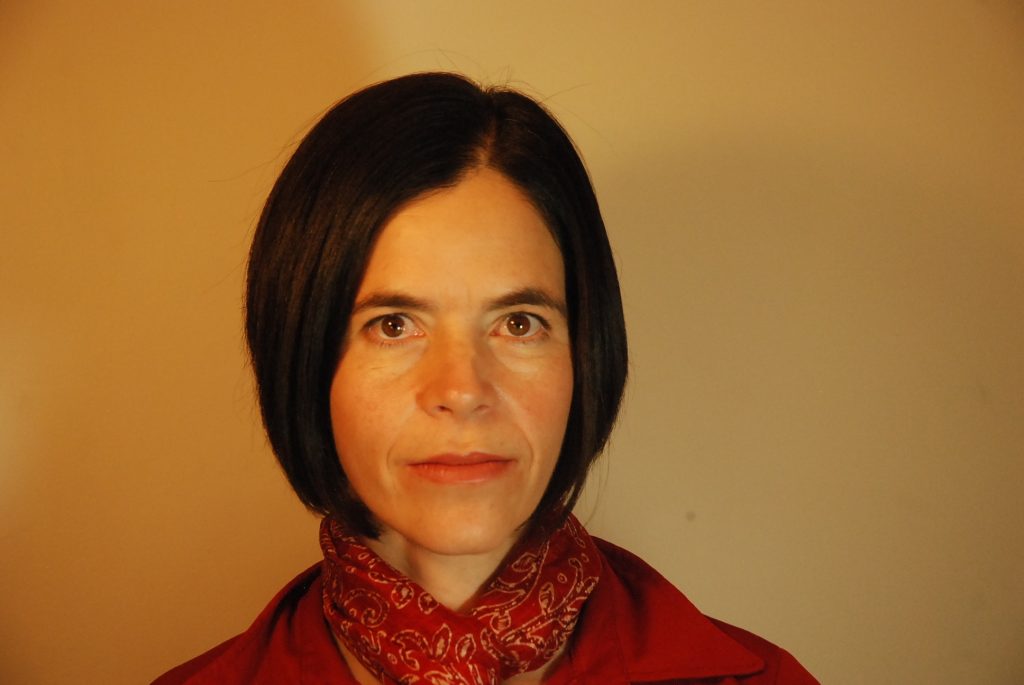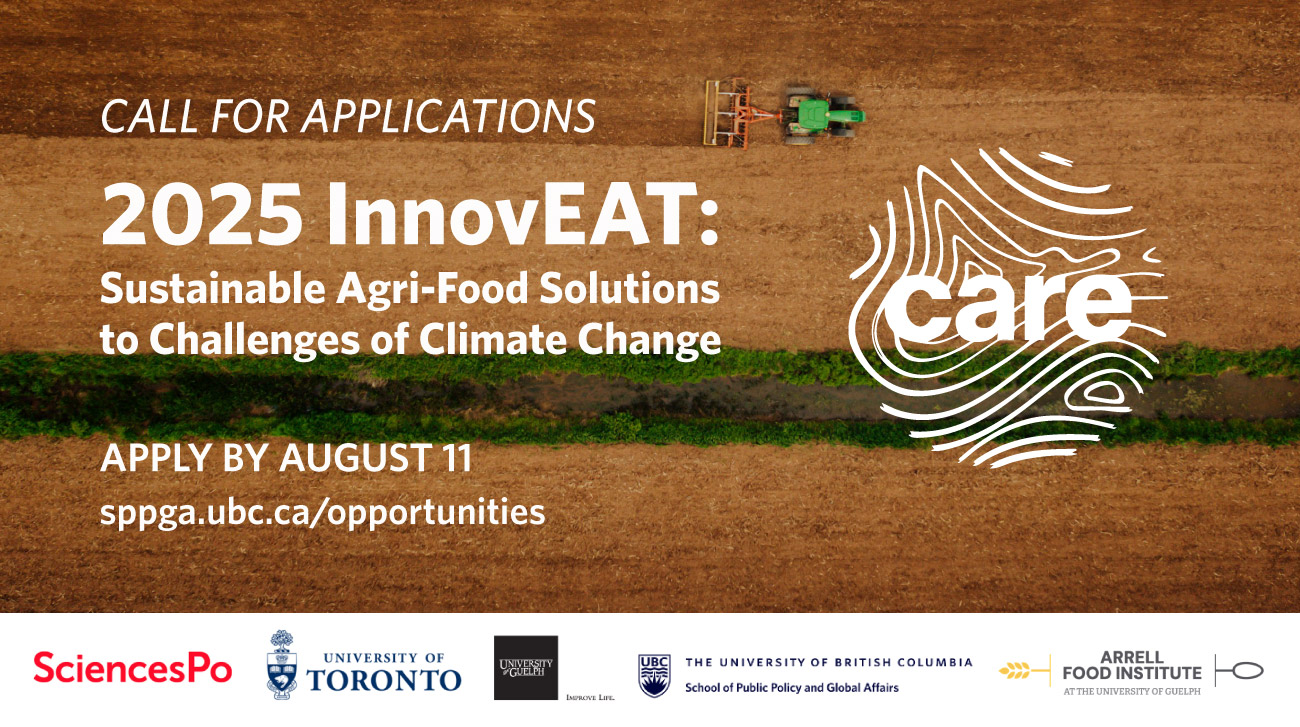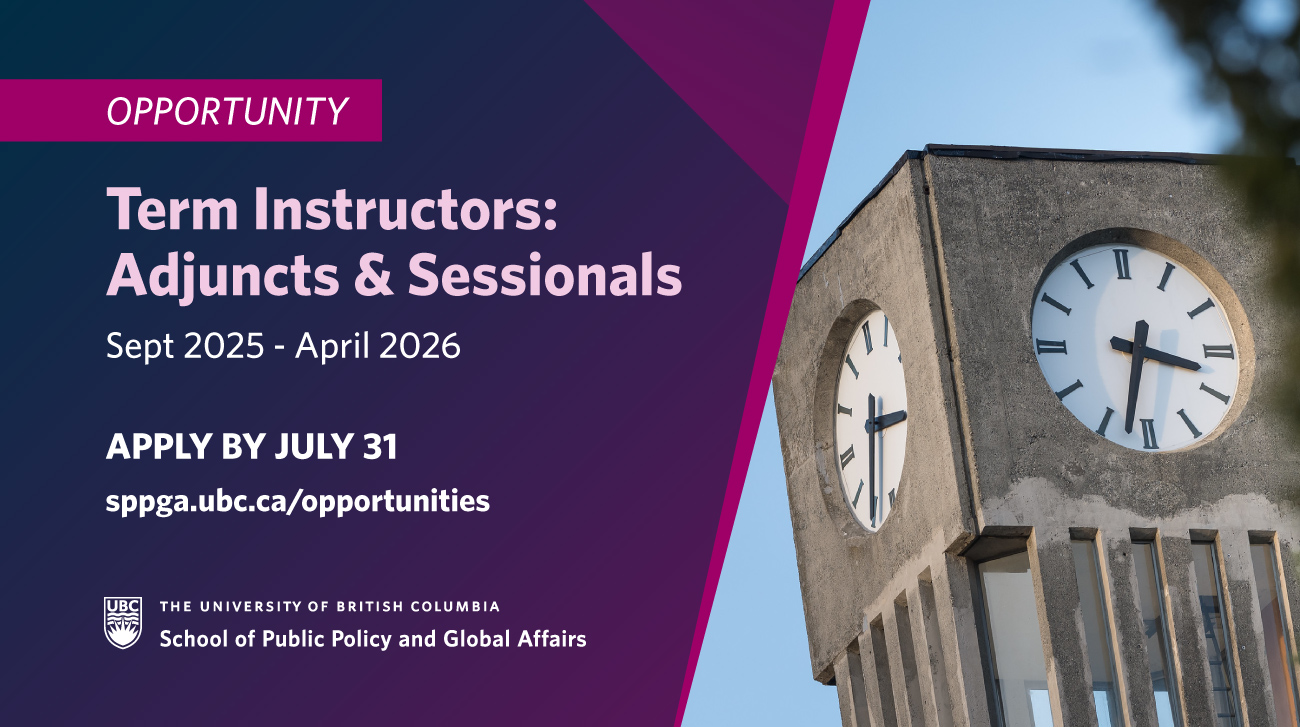

Dr. Claudia Ituarte-Lima, visiting scholar at the UBC School of Public Policy and Global Affairs (SPPGA) and senior researcher at the Raoul Wallenberg Institute on Human Rights and Humanitarian Law, argues that the more we embed an intersectionality approach to implementing global biodiversity and human right law commitments, the more opportunities for transformative change emerge. As the negotiations to adopt a post-2020 global biodiversity framework in Montreal in 2022 advance, she wrote the viewpoint article “Time Has Come for Women & Girls in The Post-2020 Global Biodiversity Framework” at IDN In-depth News and has provided advice to the Convention on Biological Diversity’s Women Caucus on incorporating a gender equality target in this framework.
Dr. Ituarte-Lima also led the perspective article “Why the “Global South” matters in young people’s right to a healthy environment” published in English and Spanish at Open Global Rights with a focus on initiatives led by youth in Asia.
SPPGA was co-organizer with the Raoul Wallenberg Institute of Human Rights and Humanitarian Law, the University of Minnesota, the Northwestern Law Programme on Human rights and the Global Economy of the event Covid-19 & Human Rights: How Human Rights can contribute to building forward fairer. In this event, Dr. Ituarte-Lima presented findings of her book chapter “Is COVID-19 frustrating or facilitating sustainability transformations? An assessment from a human rights law perspective” published by Routledge which places a spotlight on the healthy ecosystems and biodiversity element of the right to a healthy environment for driving positive change for people and nature amid turbulent times.
In the weeks ahead, UN member State will be negotiating a United Nations General Assembly resolution to recognise that living in a clean, healthy and sustainable environment with adoption anticipated in late July. Dr. Ituarte-Lima considers that the adoption of such resolution would help to weave international human rights law, biodiversity law and environmental democracy in more effective ways. She co-authored the research paper “Mind the Compliance Gap: How Insights from International Human Rights Mechanisms Can Help to Implement the Convention on Biological Diversity” in the Transnational Environmental Law journal showing the benefits of cross-fertilization between human rights and biodiversity law.
Dr. Ituarte-Lima has also advanced the connections between human rights, biodiversity and healthy ecosystems in regional fora including in Latin America and the Caribbean. She was a speaker and moderator at a Dialogue Series with more than 490 registered participants on this topic and she attended the historical first Conference Parties (COP1) of the Escazu Agreement in Santiago, Chile where she spoke at two side-events. In her opinion piece “A Regional Agreement for Healthy Eco-Systems in Latin America & the Caribbean”, she argues that strategically using legal innovations emerging from the local to the regional and global levels can contribute to planetary stewardship and good quality of life in harmony with nature, leaving no-one behind.


